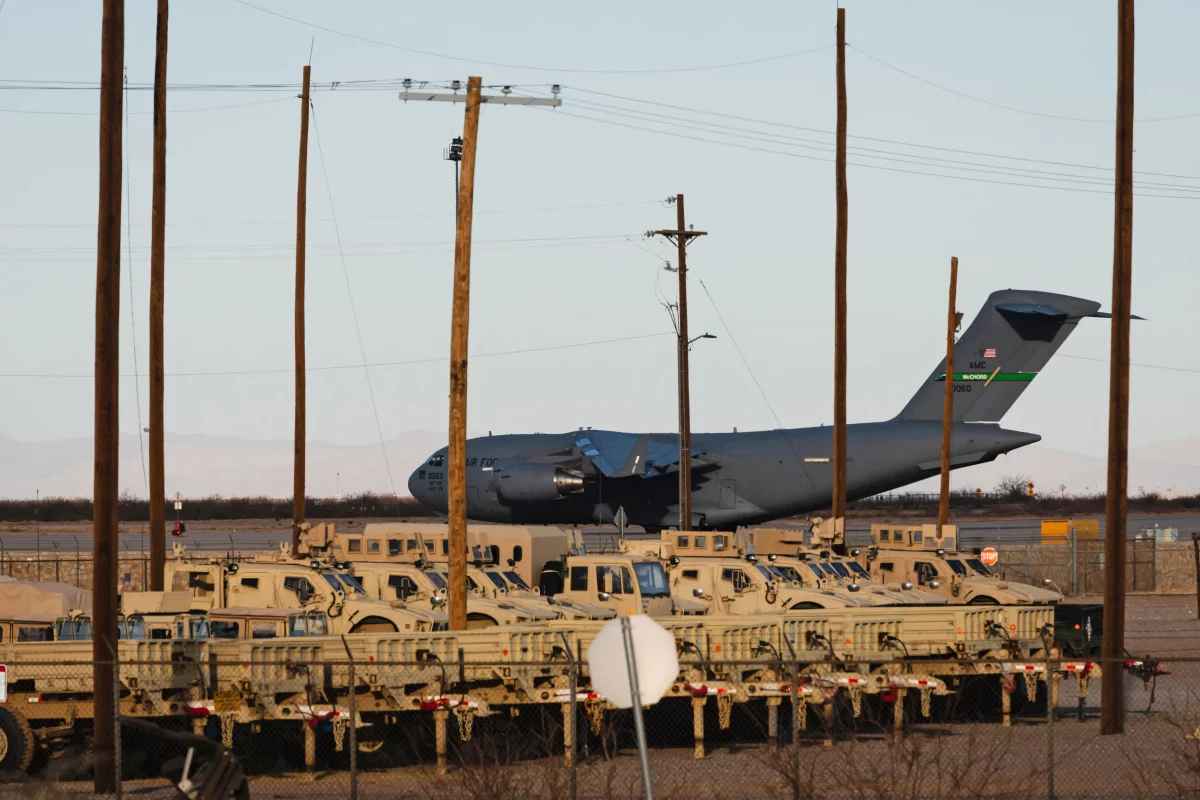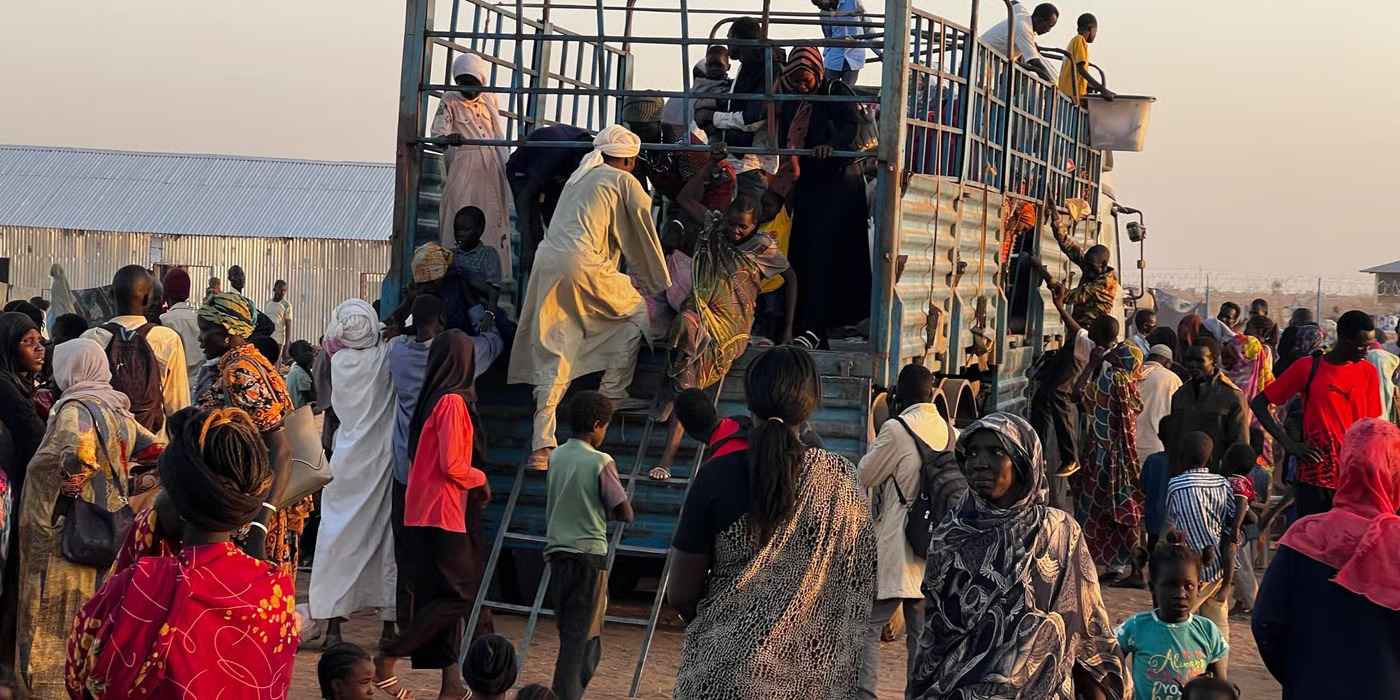The deportation of Eight non-Sudanese nationals from the United States to South Sudan, including illegal immigrants from Myanmar, Laos, Vietnam, Cuba, Mexico and South Sudan, has escalated a serious humanitarian and legal crisis. It represents a violation of a federal court order prohibiting deportations to a third country without due process and subjects deportees to one of the most dangerous areas on earth.
South Sudan in Crisis: Conflict, Famine, and Displacement
Since independence in 2011, South Sudan has continued to experience civil war, ethnic violence, and economic collapse after independence. As of 2025, more than 9.3 million people, or nearly 70% of the population, need humanitarian assistance. Approximately 7.8 million people will be severely food insecure in the lean season. South Sudan is also experiencing a cholera outbreak, with more than 45,600 total cholera cases and 841 deaths. Malnutrition rates remain critically high, with 2.1 million children aged five or younger are at risk of acute malnutrition (within five percentage points) and 1.1 million pregnant or lactating women requiring treatment. As a result of active conflict, and environmental shocks (i.e., floods), approximately 1.8 million people are internally displaced while nearly 2.3 million South Sudanese remain refugees in the surrounding countries. In addition, South Sudan has seen an influx of over 1.1 million refugees from the conflict in Sudan.
South Sudan’s infrastructure is in ruins, and humanitarian access is severely restricted by insecurity and attacks on humanitarian workers. The prevailing environment is highly unstable and poses extreme parameters of arbitrary detention, risk of violence and risks to life of vulnerable population groups who lack cultural or legal ties to South Sudan and no diplomatic recourse.

Mounting Refugee Burden in South Sudan
At the very beginning of 2025, South Sudan is hosting more than 559,000 refugees and asylum-seekers (over 94% of refugees and asylum seekers come from the neighboring country of Sudan) in 29 locations throughout the country, and has in addition a massive internal displacement crisis, with more than 1.8 million people displaced internally through fighting and insecurity from ongoing conflict and violence. The total population is estimated at around 12.2 million people, which suggests a large portion of South Sudan’s population is affected, either directly or indirectly, by displacement. Despite political instability, the immigrant population of South Sudan is about 914,000 (about half are women) by 2024! South Sudan is also a transit country for migrants from Eritrea, Ethiopia, or Somalia traveling toward Southern Africa or Europe. By the end of 2024 due to the hostilities in Sudan, it caused about 850,000 people to flee into South Sudan, with a significant number continuing in 2025, which has placed more strain on already struggling humanitarian resources.
To add more complication to this situation, some migrants who were not South Sudanese but affiliated with the country including individuals who are from Cuba, Vietnam and elsewhere, were deported by the United States to South Sudan, even though these individuals had no ties whatsoever to this country. With South Sudan’s insecure and precarious state, and its limited ability to successfully absorb new people, the deportation process has raised all sorts of legal and humanitarian issues. In general, South Sudan is still a core host and transit country in one of the world’s most complex displacement contexts.

Violation of International Law by U.S.
Deporting illegal migrants to South Sudan, a country in conflict, in famine, and incapable of sustaining itself, is effectively returning refugees to persecution and life-threatening consequences, thereby violating international legal obligations to those refugees under the 1951 Refugee Convention and the Convention Against Torture that the United States operates under, and also violated due process, when the deportees were given hardly any warning and no opportunity to seriously contest their deportation through due process before it was determined by the court.
While the Department of Homeland Security of the United States continues to attempt to offer opaqueness and non-transparency, public outrage has started to grow, and advocates and scholars of the law are calling for congressional oversight and accountability. This deportation incident has exhibited a wider disregard for political ethics and legal compliance with U.S. immigration enforcement, and it underscores how necessary it is to create humane policies in the spirit of the recognition of human rights and compliance with international law.

